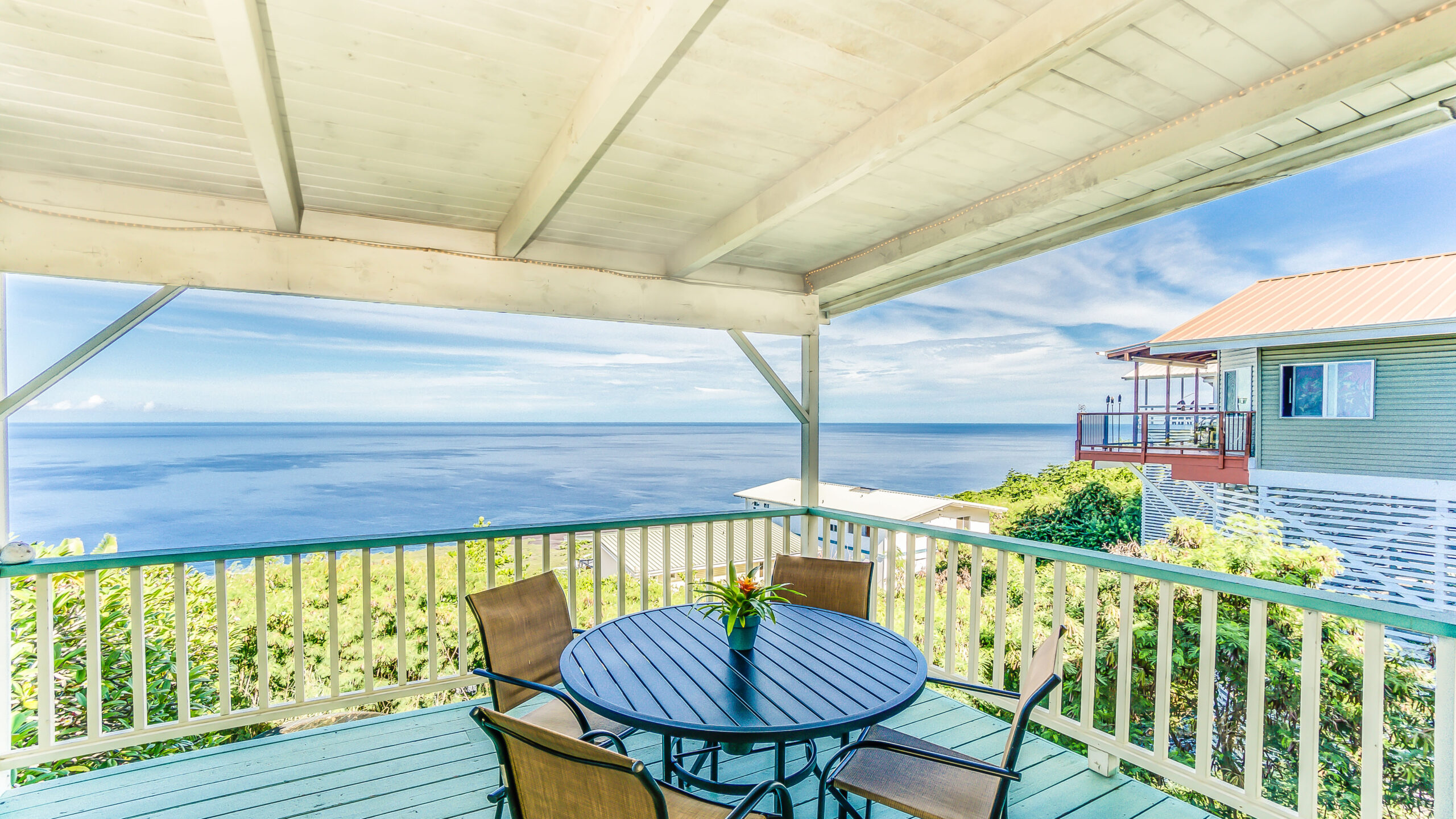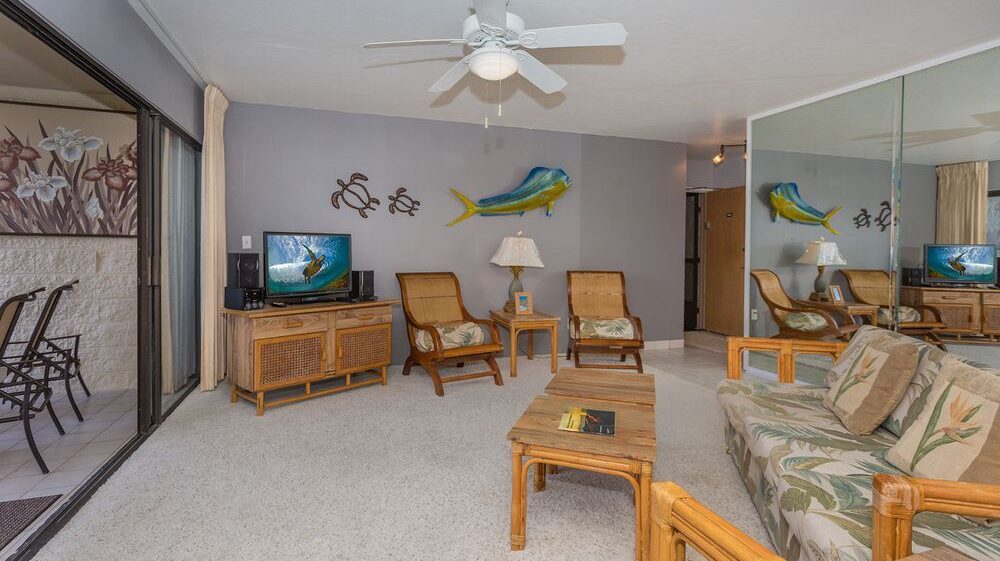When thinking about purchasing an investment property, the first thing you need to decide is whether the property will be rented out as a short-term vacation rental (STVR), or as long-term rental. While the two share many similarities, it’s important to understand the differences as well. The most important distinction is that with STVR’s you can set up times throughout the year in which you will occupy the space. Want to take a vacation? You’ve got your own little slice of paradise waiting for you. Here we will touch on how each choice is operated and maintained, as well as how each generates income.
Operations

One of the biggest differences between the two is the amount of legwork required to keep an STVR in running order. While a long-term unit is inspected once or twice a year and tenants may report maintenance issues as they come up, STVR units will require face-time between each booking to make sure it’s running properly. From coordinating cleaners to hiring maintenance workers or restocking amenities, the work in vacation rentals is a constant cycle. Management companies will always charge a higher percentage to manage a vacation rental versus long-term due to the drastically different work load.
Another thing to consider when weighing the two sides is how utilities are handled in the unit. In a long-term rental, the owner is able to dictate exactly what they cover and what becomes the tenant’s responsibility. When a tenant is responsible for their own electricity consumption, they are usually more considerate about how much power they are using in a given month. In vacation rentals, all utilities must be paid for by the owner and then worked into the price of the rental. This allows the owner to dictate what services are offered inside their unit but can lead to frivolous usage of power which can cut into your profit margin. Hawaii has the highest cost for electricity in all of the United States and while many houses have solar electricity, the amount used can quickly surpass the amount generated when a guest is running AC 24/7.
Maintenance

When looking at each type of rental from a maintenance point of view, the biggest difference becomes the turnaround time. The owner in both cases is responsible for roughly the same things. However, if a tenant in a long-term unit reports that the washing machine stopped working, you have time to consider what the best option is for you and the tenant and proceed from there. Due to the shorter length of STVR stays, a broken washing machine could lead to a more costly emergency repair or replacement with whomever or whatever is available. In some cases it may end with the guest receiving a partial or even full refund due to loss of functionality, inconvenience, or the unit not being as advertised. In both scenarios, it’s best to have a maintenance reserve in place for these unforeseen circumstances.
Income and Overhead
When looked at from a “per-night” basis, STVR’s have the potential to make more money than long-term but also come with a higher overhead. You can’t simply set a nightly rate, multiply it by 365 and assume that’s how much income you’ll generate. Tourism in all areas will have their high and low seasons. The amount of money you’re able to charge per night, as well as the percentage of nights per month that you’re booked, will follow those trends. Long-term rentals generate a fixed amount of income per month. This amount may be less but is more consistent throughout the course of a year. Long-term tenants will also typically afford you more time to remedy a situation. This will allow you to spread overhead costs over a longer time period. There are strengths and weaknesses to each, but know that to maximize your income from an STVR will require hard work, research, and coordination between you and your management company.
There are many factors that should go into your thought process when determining which of these two options is best for you and your rental property. While some major differences were discussed here, there are many more intricacies to consider when making your decision. The best thing you can do is thoroughly research both options and ask any questions you may have of your realtor or property management company.